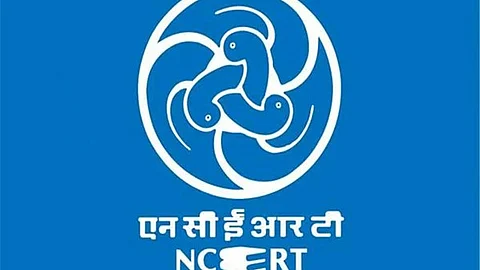

According to a report by India Today, the National Council of Educational Research and Training (NCERT) has implemented sweeping changes to middle school history textbooks that fundamentally alter how students learn about early modern Indian history.
The revised textbooks, introduced under the National Education Policy (NEP) 2020, have eliminated crucial chapters covering the decline of the Mughal Empire and the subsequent rise of regional powers including the Marathas.
Major omissions reshape narrative
The most significant change appears in the Class 8 textbook "Exploring Society: India and Beyond," where sections detailing political developments after Emperor Aurangzeb's death in 1707 have been completely removed. Students now encounter a direct jump from Mughal rule to British colonial dominance.
The deleted content previously covered how regional kingdoms emerged as the Mughal Empire contracted, including Maratha power and various Afghan contests for supremacy. This "missing middle" leaves students without understanding of transitional decades that shaped India's political landscape.
Other major cuts include a comprehensive two-page table in Class 7 listing Mughal emperors and their policies, and Class 12's "Theme 9: Kings and Chronicles, The Mughal Courts" chapter. Notable regional figures like Tipu Sultan, Haidar Ali, and the Anglo-Mysore Wars have also been dropped from Class 8.
Reframed approach
The remaining Mughal content has been significantly reframed. Babur is now characterised as "ruthless," while Akbar's reign combines political accommodation with coercion. Aurangzeb is noted for "religious intolerance" alongside military achievements.
A new "No-Blame" footnote instructs students to study historical figures contextually rather than making moral judgments, reflecting the NEP's emphasis on critical thinking.
Justification vs criticism
NCERT officials defend the changes as "rationalisation" to prevent curriculum overload, arguing that Mughal history continues in other classes. The government states that individual states can include regional content through supplementary materials.
Critics argue these deletions strip away historical complexity and deprive students of understanding India's composite history. The controversy reflects broader tensions between streamlined curricula advocates and historians warning against selective omissions.
As NEP 2020 implementation continues, these revised textbooks represent a test case for curriculum reform, with success depending on classroom reception and ongoing public debate shaping future revisions.
